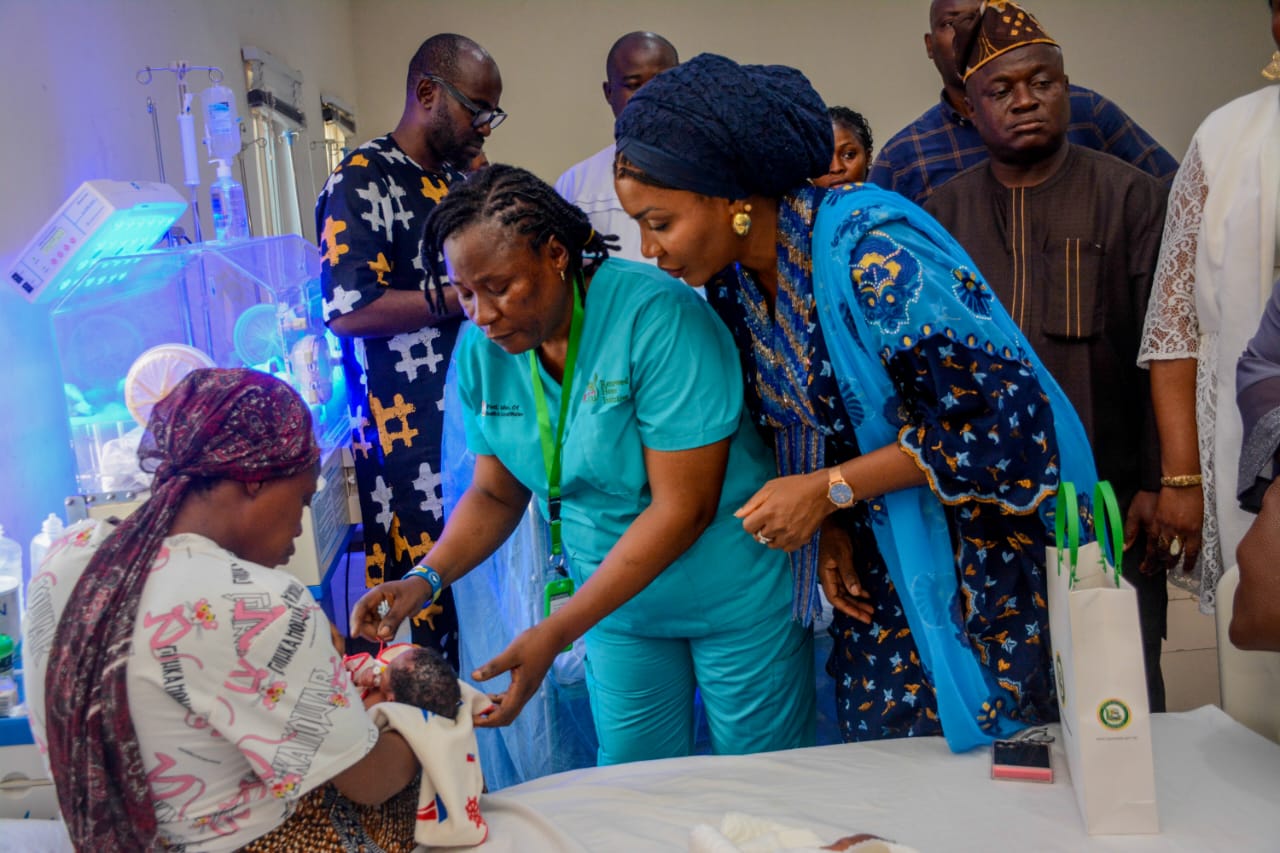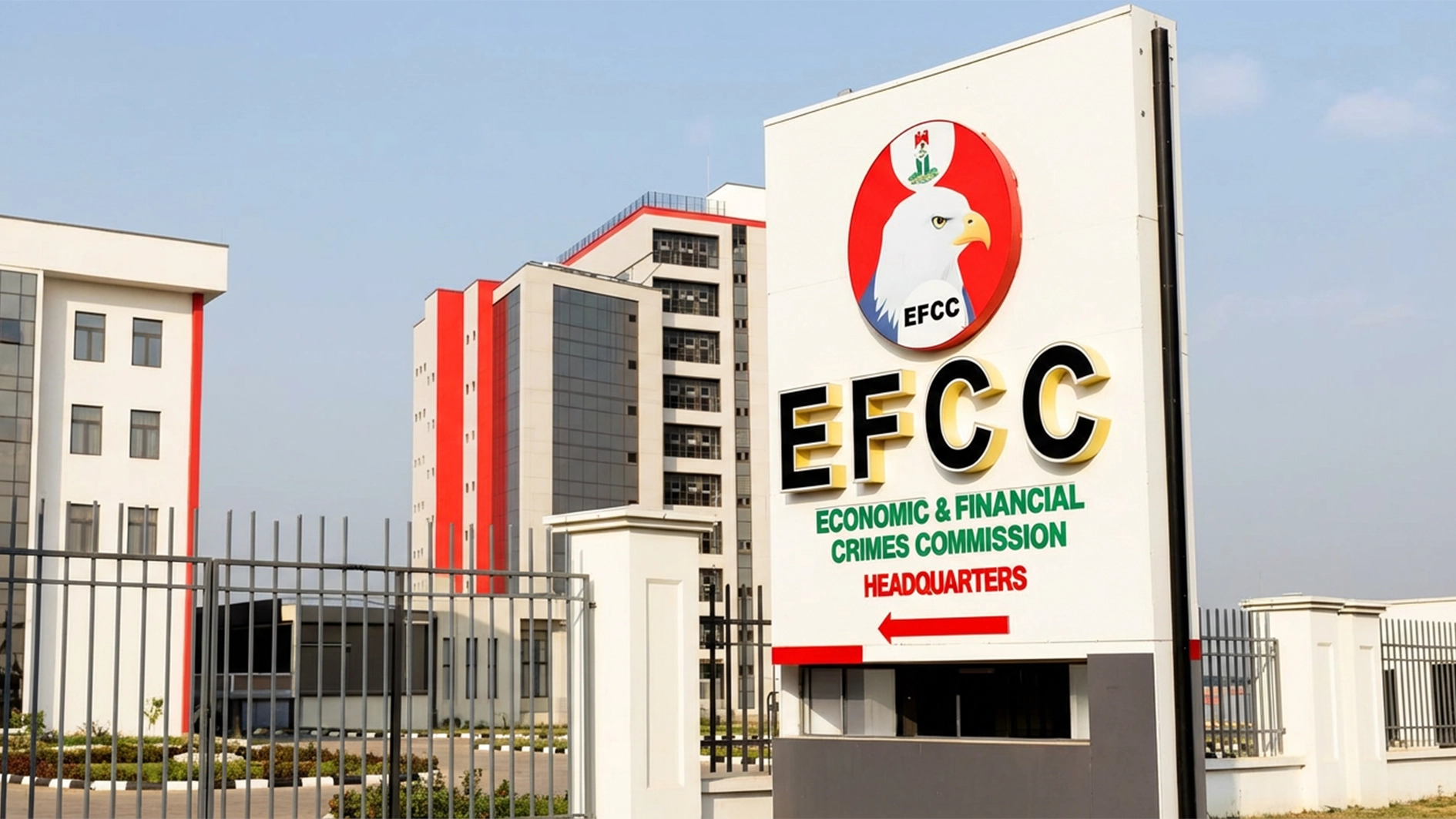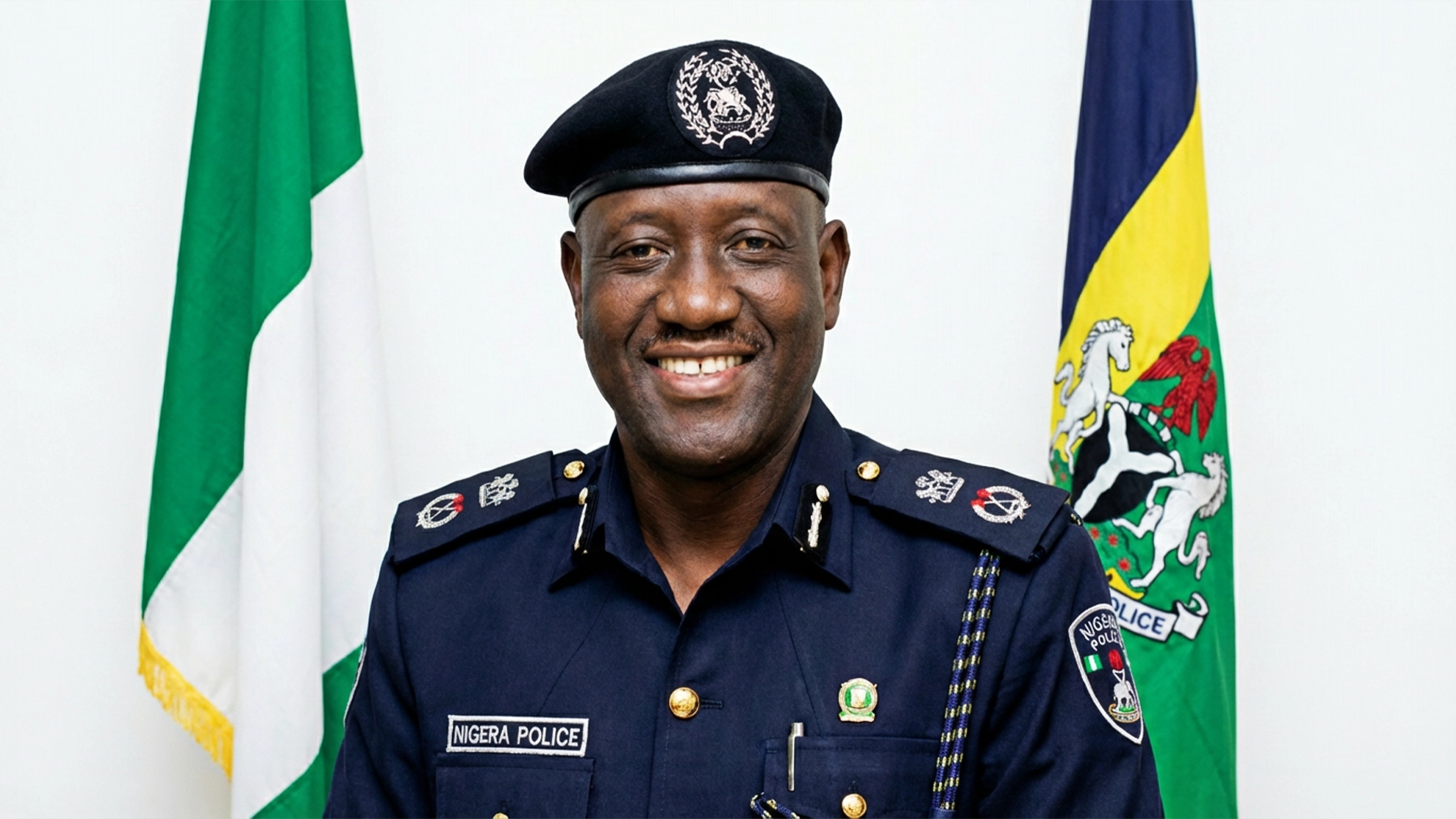Nigerian lawyer and activist, Dele Farotimi, has ridiculed what he calls glaring double standards in the handling of two recent cases of unruly behaviour at Nigerian airports, after veteran Fuji musician, Wasiu Ayinde Marshall, popularly known as K1 De Ultimate, remained at home during an investigation, while another passenger was swiftly remanded in prison.
On August 5, 2025, Kwam1 allegedly attempted to board a ValueJet flight from Abuja with an unidentified liquid, later confirmed as alcohol, poured it on a security officer, and blocked the aircraft from departing.
The Nigerian Civil Aviation Authority (NCAA) petitioned the Attorney-General of the Federation and the Inspector-General of Police for his prosecution, and Aviation Minister Festus Keyamo placed him on a no-fly list.
Two ValueJet pilots also had their licences suspended. Kwam1 denies any disruption, claiming the liquid was water provided at the lounge, and has apologised.
Keyamo also condemned the musician’s conduct as unacceptable and insisted that all those involved must face appropriate sanctions. The minister said video evidence showed the Fuji star repeatedly obstructing a commercial aircraft from taxiing to the runway.
By contrast, on 10 August, Comfort Emmanson, a passenger on an Ibom Air flight from Uyo to Lagos, was remanded in Kirikiri prison after refusing to switch off her phone before takeoff, then physically assaulting crew and security upon landing. Ibom Air banned her for life.
Taking to X, Farotimi wrote: “Kwam 1 dey house Kwam 2 dey Kirikiri,” referring to Marshall as “Kwam 1” and Emmanson as “Kwam 2,” before adding “It’s just another day in paradise.”
Ibom Air has also imposed a lifetime ban on Emmanson while the incident is pending various investigative outcomes.
Meanwhile, Paul Ibe, spokesman for former Vice President Atiku Abubakar, also questioned why Marshall was not “bundled out” like Emmanson, suggesting political favouritism.
The Guardian reports that the NCAA insists it maintains a zero-tolerance policy towards disruptive passengers, but the contrasting outcomes have intensified public debate over fairness in Nigeria’s aviation sector.






